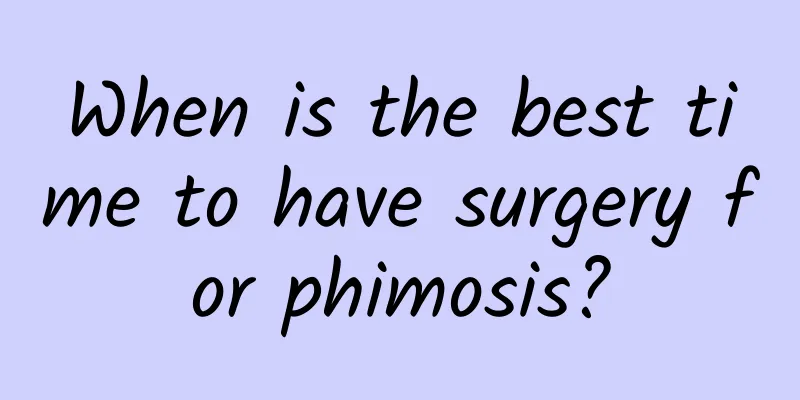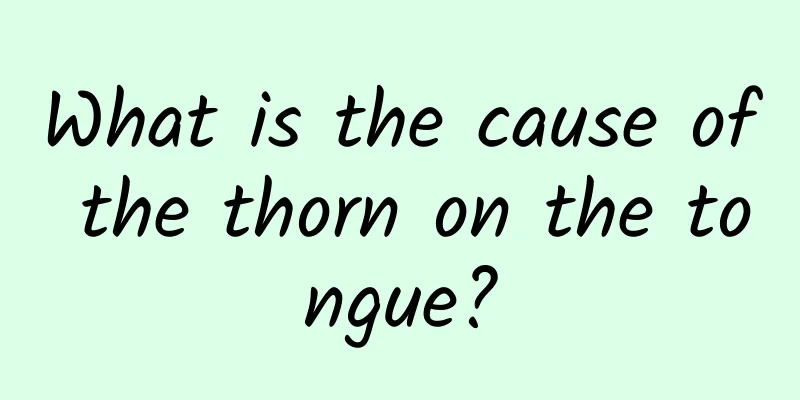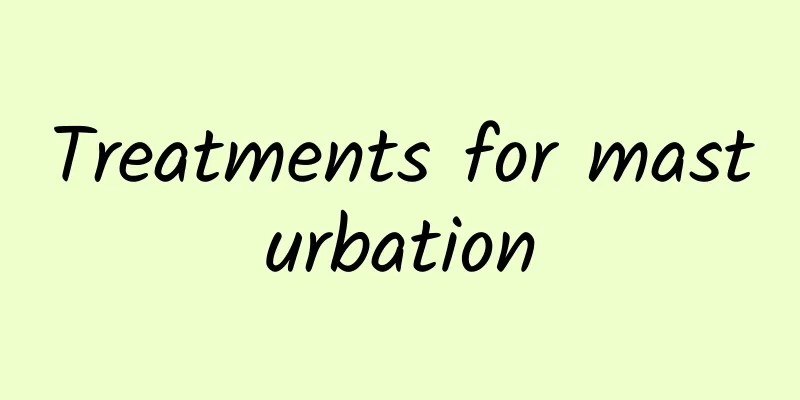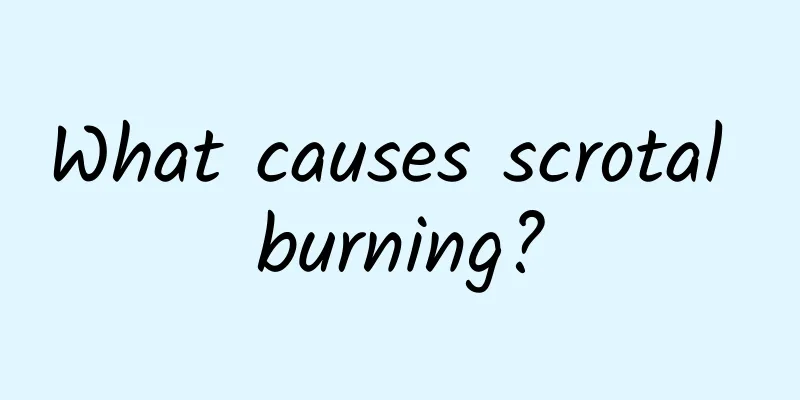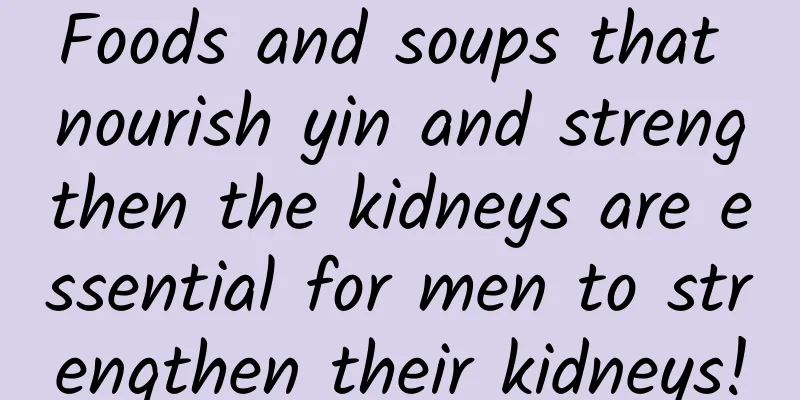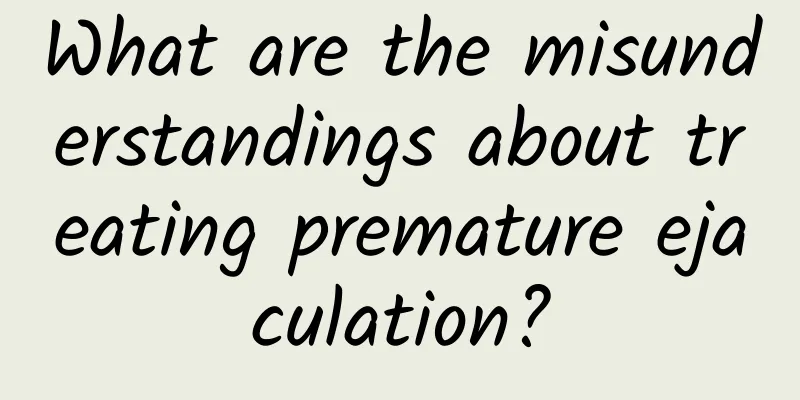Treatment of Frequent Premature Ventricular Beats
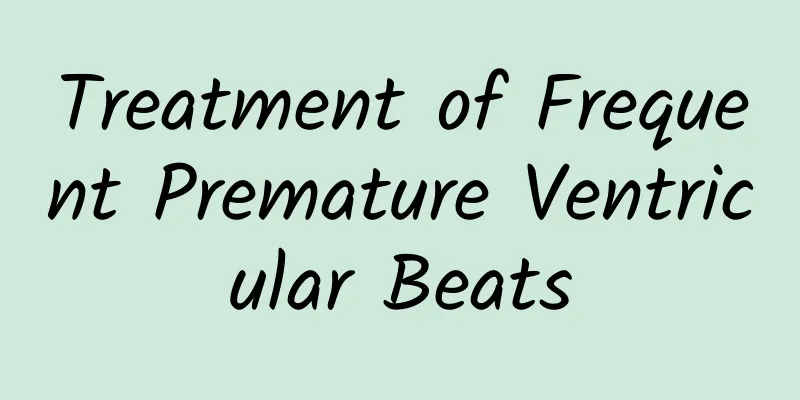
|
The following introduces several treatment methods for frequent ventricular premature beats. Frequent ventricular premature beats refer to more than six ventricular premature beats in one minute. They often occur on the basis of organic heart disease. The most common heart diseases are hypertension, coronary heart disease, and cardiomyopathy. Frequent ventricular premature beats often occur in the heart, and common heart symptoms are more than six ventricular premature beats in one minute. It is not contagious. The following introduces several treatment methods for frequent premature beats. 1. For patients without heart disease, premature ventricular contractions do not increase their mortality rate. Asymptomatic isolated premature ventricular contractions, regardless of their form and frequency, do not require drug treatment. 2. For ventricular premature beats associated with organic heart disease, the primary disease should be treated. For ventricular premature beats that require emergency treatment, 50-100 mg of lidocaine can be injected intravenously until the premature beats disappear or the total amount reaches 250 mg. After the arrhythmia is corrected, 1-3 mg can be dripped every minute as needed, and oral medication can be used to maintain after stabilization. Lidocaine takes effect within a few minutes after intravenous injection and lasts for 15-20 minutes. The therapeutic dose has little effect on myocardial contractility, blood pressure, atrioventricular or intraventricular conduction. Side effects include dizziness and drowsiness. Large doses can cause convulsions, respiratory or cardiac inhibition and can aggravate existing atrioventricular or intraventricular conduction block. Use with caution in patients with liver and kidney dysfunction or severe heart failure. 3. For ventricular premature beats caused by digitalis poisoning. In addition to stopping the drug, intravenous injection of phenytoin sodium or intravenous infusion of potassium chloride is often effective. For premature beats caused by low potassium, the cause should be actively removed and low blood potassium should be corrected. 4. If ventricular premature beats occur during quinidine syncope or antimony treatment, quinidine or antimony should be discontinued immediately. Oral medications available: ① Slow heart rate. ② β-receptor blockers. ③ Digitalis; suitable for ventricular premature beats caused by heart failure rather than digitalis poisoning. ④ Procainamide. ⑤ Amiodarone, disopyramide, propafenone, antacid, changmoline, ventricular caine, ethidium bromide and encainamide, etc. 5. β-receptor blockers, phenytoin sodium, quinidine, verapamil, etc. are effective for various premature beats. People with bronchial asthma should not use β-blockers. People with bradycardia and premature beats can be treated with atropine. 6. The incidence of sudden cardiac death is high in patients with premature ventricular contractions after myocardial infarction or cardiomyopathy, especially when there is a significant decrease in left ventricular ejection fraction, the risk of sudden cardiac death will be greatly increased. The use of certain antiarrhythmic drugs to treat premature ventricular contractions after myocardial infarction will significantly increase the rate of sudden death and total cardiovascular mortality. The reason is that these antiarrhythmic drugs themselves have arrhythmogenic effects. Therefore, Class I drugs should be avoided to treat premature ventricular contractions after myocardial infarction. Although β-blockers are not effective in treating premature ventricular contractions, they can reduce the incidence of sudden death after myocardial infarction. Amiodarone is very effective in inhibiting premature ventricular contractions, but attention should be paid to the possibility of torsades de pointes ventricular tachycardia. 7. Prevention of Sudden Cardiac Death For patients with organic heart disease and frequent ventricular premature beats or short bursts of ventricular tachycardia, the purpose of treatment is to prevent sudden cardiac death. At this time, the focus of the doctor's treatment is to prevent sudden death rather than to treat ventricular premature beats or short bursts of ventricular tachycardia itself, because this arrhythmia is not fatal. The above are the treatment methods for frequent ventricular premature beats that I introduced to you. The main purpose of treating frequent ventricular premature beats is to prevent ventricular tachycardia, ventricular fibrillation and sudden cardiac death. I hope this will be helpful to everyone. I hope you can go to a regular hospital or related department for treatment as soon as possible. I wish you a speedy recovery. |
<<: Introduction to the early symptoms of impotence
>>: What are the symptoms of habitual premature ejaculation?
Recommend
Is it harmful to have frequent erections without ejaculation?
Some male friends want to give their significant ...
How to treat insomnia?
Insomnia is a problem that many people will encou...
What is the method of acupoint massage for premature ejaculation
For male friends, premature ejaculation is unbear...
Why does a man have a strange smell in his lower body?
The smell in the lower body is quite common in ou...
How long does it take for circumcision surgery to heal?
The foreskin is a layer of protective tissue outs...
Male erection is not hard enough
The sex life of a couple is very important and is...
How to cook pork liver with cucumber, the benefits of eating cucumber regularly
Speaking of delicacies in life, cucumber and pork...
How it feels to break a junior high school girl's virginity
A survey found that compared with previous years,...
Causes of left side waist pain in men
Low back pain is a relatively common disease, and...
What causes spermatorrhea during sleep?
Frequent nocturnal emission is a symptom that man...
Men's Weight Loss Meal Recipe
Many girls keep talking about losing weight, but ...
There are many red spots on the male glans
What causes the red spots on the glans of men? Af...
Will the penis develop again?
If you are not satisfied with the development of ...
What is the right time to shave? Shaving at the wrong time can be fatal!
For men, shaving every day is a must, because of ...
What is the cause of male testicular sweating?
The testicles are important male reproductive org...


